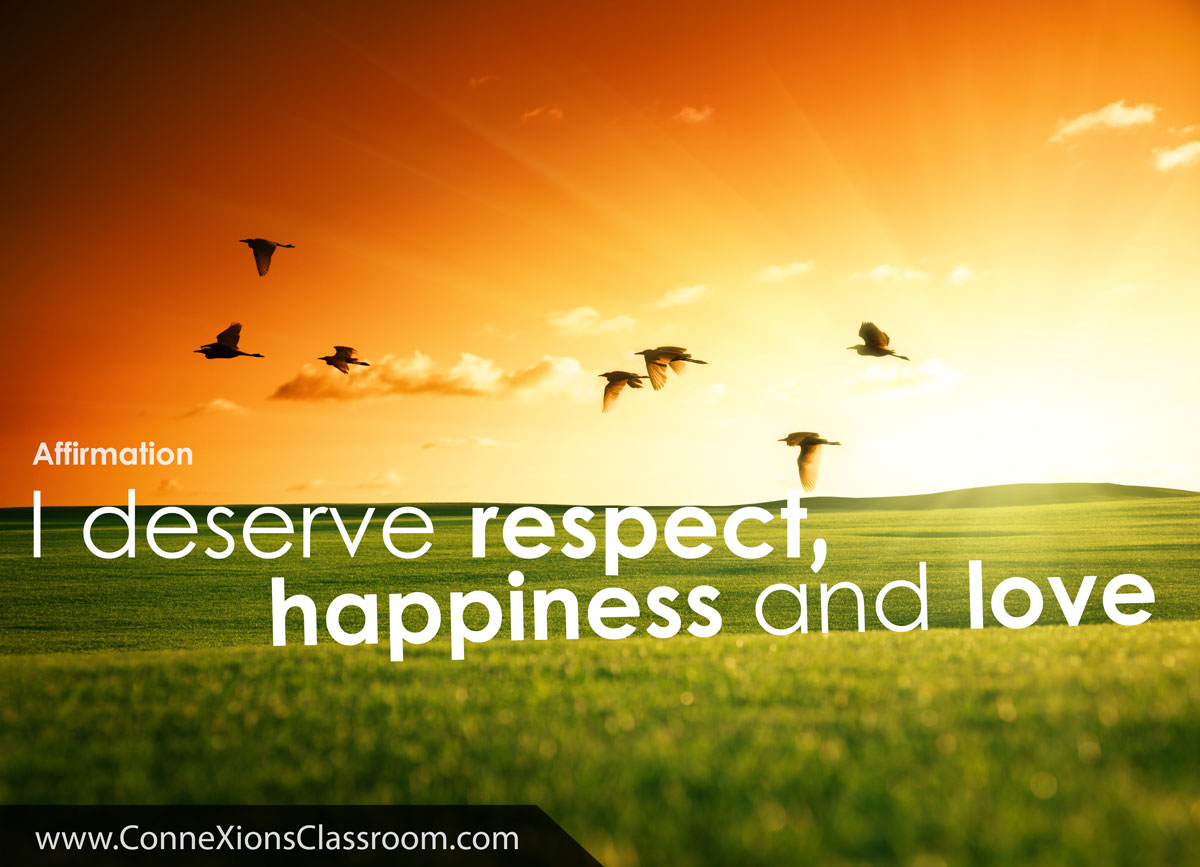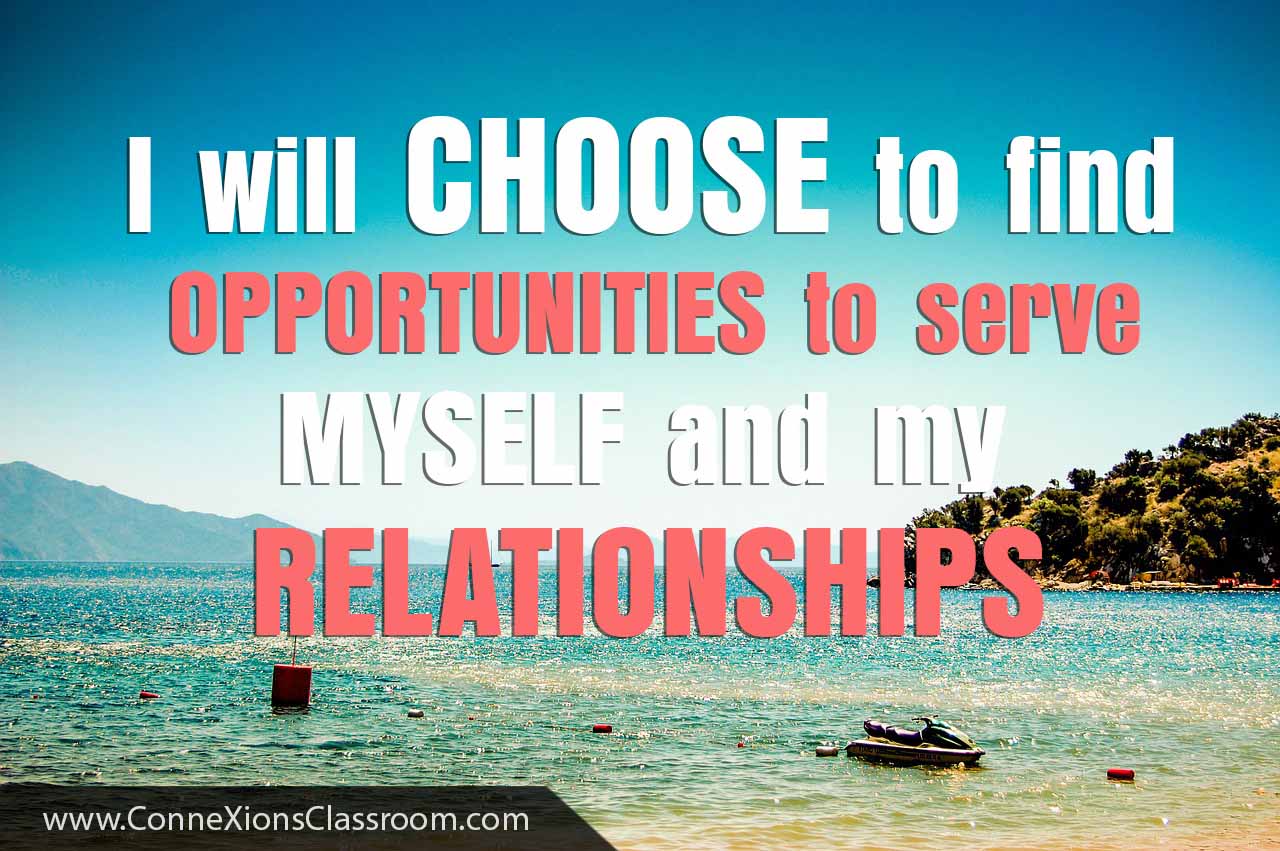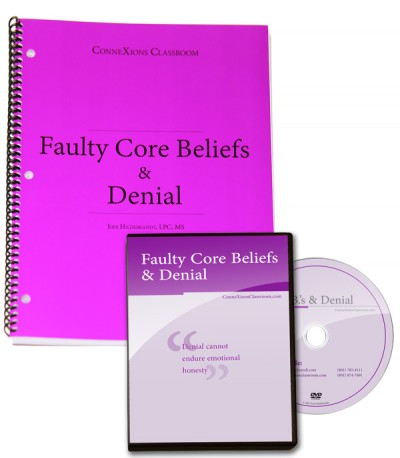Forgiving is one of the most challenging things we do as humans.
Do These Sound Familiar?
- That person just doesn’t deserve it.
- They’ve hurt me too badly.
- I have every right to be angry.
- I can’t forgive myself for what I’ve done in the past.
- I’m too far-gone.
Why Should I Forgive?
The willingness to forgive is a spiritual leap of faith. When I feel offended and/or have been abused, wronged, misunderstood, labeled, judged, falsely accused, gossiped about, etc., it takes a strong and mature Soul to forgive. But remember, forgiveness is for me! The purpose of forgiveness is to get the toxins and hatred out of my Soul so I can be free of the shame, anger and resentments I feel so entitled to carry around. It is erroneous to believe that if I stay angry and resentful, I will protect myself from ever having “them” hurt me again. That is a lie.
The Truth is, by carrying shame, anger and resentment with me, I make myself more vulnerable to additional pain and hurt entering into my system and accosting me. I need to let go of the illusion that “they” have hurt me. Remember: they have no capacity to access me (the Soul); they only have power and influence to affect my body, my environment, my circumstances, etc. I must learn to let go and surrender the emotional reaction I have to the illusion of what someone has done to me. That is what true and complete forgiveness is about.
There is a specific process of forgiveness. If you will follow this process wholeheartedly, you will experience the freedom and release from shame, anger and resentment that comes with true and complete forgiveness.
(Click on image for full size)
(Click on image for full size)
The Process of Forgiveness
- Pray for the people who you feel have wronged and hurt you: I need to relinquish or revoke the claim that “they have/had the power to hurt me,” so that I can disconnect from the illusion that they have.
- Forgive yourself: We violate ourselves constantly, and we need to have empathy to forgive ourselves. When we are willing to forgive ourselves, we make it easier to offer forgiveness to others.
- Recognize your anger & resentments with the issue and articulate them: You need to “call yourself out,” be responsible for yourself, and choose to enter the repentance process. Be willing to be direct and clear about anything you have done or said that you need to make “right” with yourself and others.
- Recognize your hurt, fear, sadness and so forth: Feeling the intense emotions of anger, fear, etc. precludes me from being humble. I say to myself, “They made me angry and so I get to feel this way.” Okay, you do feel these emotions, and the problem is, you will not be able to forgive either yourself or others until you are willing to transcend the shame, anger, resentment, fear, etc. and become humble. Go to someone you trust and feel safe with, and let them validate your feelings and recognize that you have experienced pain and hurt, and then humble yourself and forgive.
- Recognize your shame—it is separate from guilt: Shame is about a state of “being,” and guilt is about a state of “doing.” If you hold onto your shame, you will not be able to engage in an act of forgiveness towards yourself or others. (For additional information, see the “Shame vs. Guilt” and “Faulty Core Beliefs” videos and workbooks).
- Recognize how much time & energy you are using to keep the issue(s) alive: We expend an enormous amount of time, energy and concentration—more than we usually recognize—to “hold” issues we are unwilling to release, surrender, repent/forgive and let go of. Think about a time when you felt at peace and completely comfortable inside your own skin. Compare that to how you feel currently. Are you at rest internally? If not, what needs to be settled? Do you need to repent of something or to someone? Do you need to offer forgiveness that you’ve been refusing? Identify what needs to take place—repentance and/or forgiveness—and engage them and then let go and surrender.
- Discover how the issue(s) have impacted your other relationships: Go to your other relationships and ask them how “this situation” has impacted and/or is impacting them.
- Have hope that you can move through the issue: Your progress is independent of anybody else’s reactions. Identify a motivation, such as remorse, to move through the forgiveness process and don’t have any expectations that your forgiveness will be accepted. It is not for them—it is for you!
- Think about people you have injured, and have empathy for them—recognize how much you want them to offer forgiveness to you: Let go of the expectations that they will humble themselves and extend forgiveness/repentance to you. This is their journey and they will do it in their own timeframe.
- List what you feel you need from the other person, to forgive them: Share it with another person & then let go of the expectation to have it. Don’t get stuck in the expectation of what you need them (or anyone else) to do in order for you to move on.
The Power of Choice
Go forward with faith that you can forgive yourself and others. Choose to believe that you can be forgiven. You have complete choice regarding who you become, how much serenity is in your Soul, and how you will approach your relationships. You are in the driver’s seat. Nobody else gets to control you. Make the choice to forgive. Get support from others who can validate you and be emotionally safe for you. Forgiveness will heal you, regardless of what the other person chooses. Forgive and be free.






